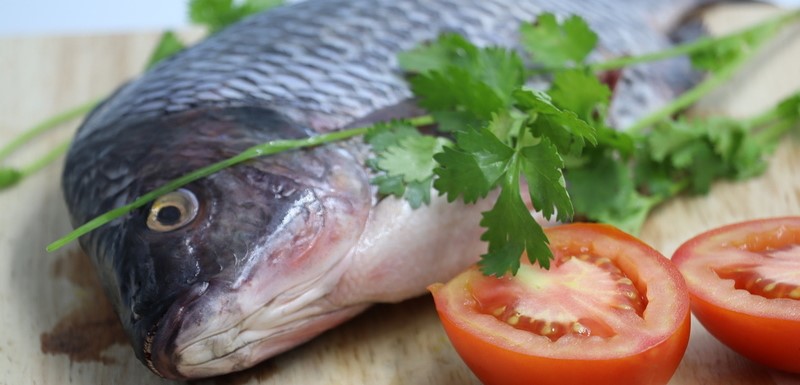(4 Minutes Read)
Namibia’s fish exports surged to N$1.253 billion in April 2024, ranking as the third most valuable export behind minerals, latest data reveals. Notably, fish is the only non-mineral product to make it into the top five exports. The N$1.253 billion export represents 13.1% of the country’s total exports for the month.
Fish exports have shown some fluctuation earlier in the year: in January, they were N$1,270 million (10.6% of total exports); February saw an increase to N$1,377 million (22.4% of total exports); and March recorded N$1,294 million (15.8% of total exports). In April 2024, fish inflation was recorded at 6.7% y/y, a deceleration from 12.0% in March 2024 and 8.8% y/y in April 2023. This represents the slowest rate of fish inflation since June 2023, when it was 11.7% y/y.The high inflation in the fish category can be attributed to the increased prices of fresh, chilled, and frozen fish, as well as dried, smoked, and salted fish and seafood. Although still relatively high, there has been a downward trend in fish inflation since its peak in January 2024.
Meanwhile, in terms of horticulture for the period of 1-30 June 2024, the Namibian Agronomic Board has designated specific agricultural products under closed and open border categories as part of their special controlled products initiative. During this period, the importation of various vegetables will be restricted under the closed border policy. This measure is designed to protect local producers by reducing foreign competition and promoting domestic production.
Read Also:
https://trendsnafrica.com/diamond-and-fish-play-pivotal-roles-in-namibias-trade-balance/
The open border policy will apply to carrots, washed potatoes, sweet potatoes, watermelon, sweet melon, sweetcorn, and lettuce, allowing for their unrestricted importation. This is likely due to domestic production shortfalls or high demand that local supply alone cannot meet. Additionally, jam tomatoes will be regulated on a pro-rata basis, balancing between local production and import needs. These measures reflect the Board’s strategic approach to maintaining a stable and sustainable agricultural sector in Namibia,.





